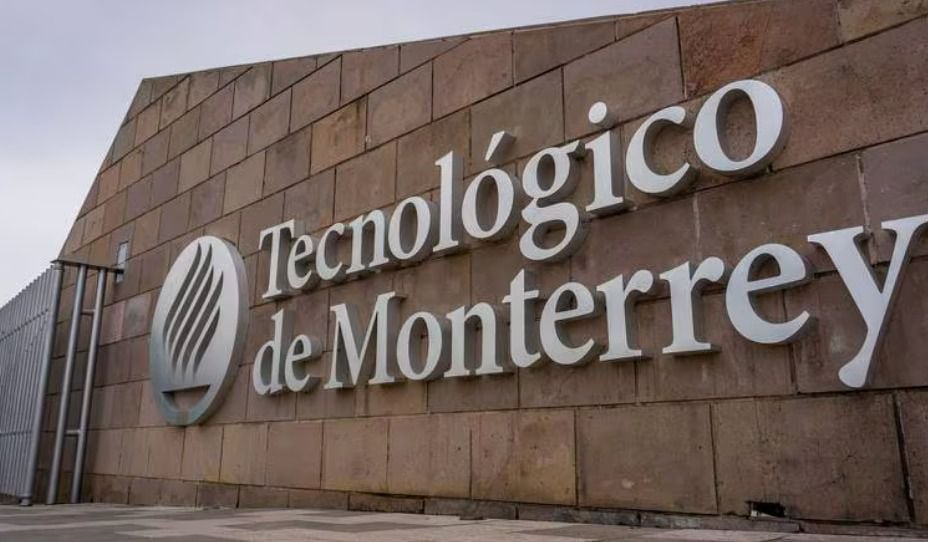
It is always a cause for celebration to remember significant milestones. This year, Tecnológico de Monterrey commemorates the 60th anniversary of the arrival of its first computer, an event that marked the beginning of an unprecedented technological era at the institution.
This pioneering event was followed years later, specifically on October 12, 1988, by another milestone when Tec connected Mexico to the new digital economy by achieving the first internet connection in the country, sending a message to colleagues at the University of Texas at San Antonio (UTSA).
These events were not only significant for the institution, but also put Mexico on the world technology map.
Currently, we live in a new and challenging reality, where linear approximations based on the experiences of the last decade are insufficient to foresee the future.
Rather, it is foreseeable to understand where we will not go if we remain inactive or make mistakes, whether by action or omission. From this perspective, I see the need to continue developing skills in our young people and promote the conquest of innovative spaces where new practices surpass those already known.
Recently, we have witnessed a great technological “leap” with the massive implementation of Generative Artificial Intelligence, a tremendously successful technology due to its ability to address problems previously inaccessible to the majority of the population connected to the internet.
This technology has democratized access to advanced solutions, previously limited to those who had direct access to the “information highways.”
The accessibility of these technologies has increased exponentially, transforming the concept of computer clouds, where massive processing is performed to train models that are subsequently replicated on a growing number of devices, from computers and mobile phones to cameras and vehicles.
This advance does not solve all of our civilization’s pressing problems, but it is certainly bringing about significant changes in multiple areas.
For example, advances in materials for building more thermally efficient homes are being developed thanks to computers that simulate combinations of millions of materials to discover the most effective ones.
Similarly, the evolution of algorithms for designing proteins opens paths to innovative drugs and synthetic tissues for transplants, while the physics necessary to increase computing power opens the door to quantum computers, which could perform calculations in a massively parallel manner, a capability crucial for realizing advanced concepts of quantum physics.
These promising developments originate from the increasing capacity of computers to perform complex simulations, which go beyond generating realistic images and allow us to understand the behavior of sophisticated systems by emulating their internal processes.
One of the most impressive advances is the ability to simulate scenarios that include uncertainty in the behavior of the studied processes.
These processes undoubtedly include human behaviors. Currently, there is intense debate about the limits of AI to integrate the complexity of human nature, a topic that has been the subject of philosophical and behavioral studies given the challenge of literally reading the human brain.
Although we can now locate the neuronal activation of certain processes, we are still far from completely deciphering the parameters that govern human thinking.
Furthermore, we face the challenge of understanding the sensorimotor complexity necessary to perform simple everyday tasks. This ambition leads us to be surprised by the new capabilities of newly developed humanoids, whose basic functions* amaze us, but are still limited to a relatively small set of actions.
The integration of developments in AI, both in inorganic and organic materials, together with advances in quantum computing, are likely to be the areas of greatest consolidation in the coming years. We will see. *I would like to congratulate the Roborregos team, engineering students from Tec de Monterrey, who recently won second place in the Home category in the Mexican Robotics Tournament, ensuring their participation in the next World RoboCup in Holland. By the way, the team is looking for sponsors.
